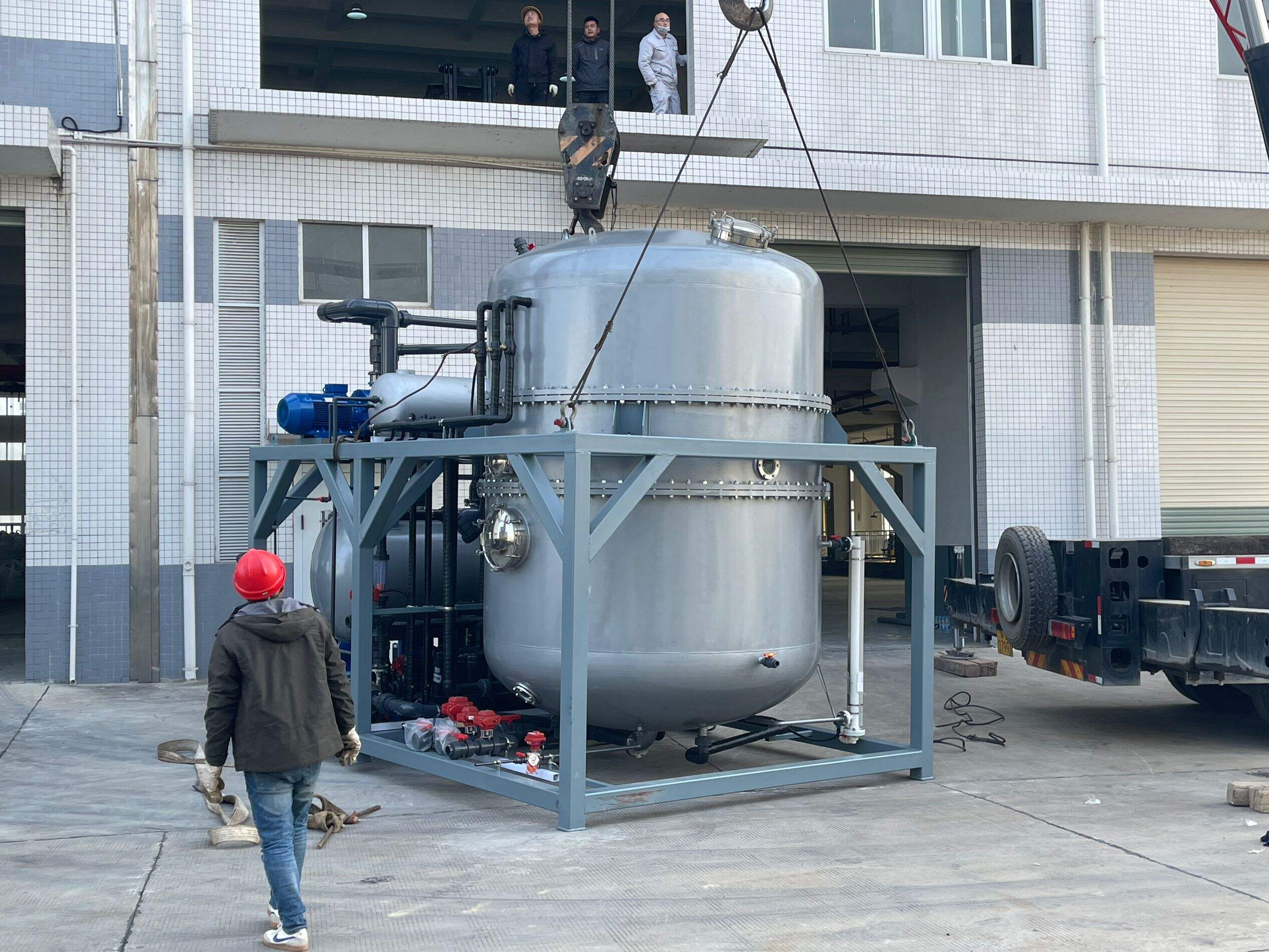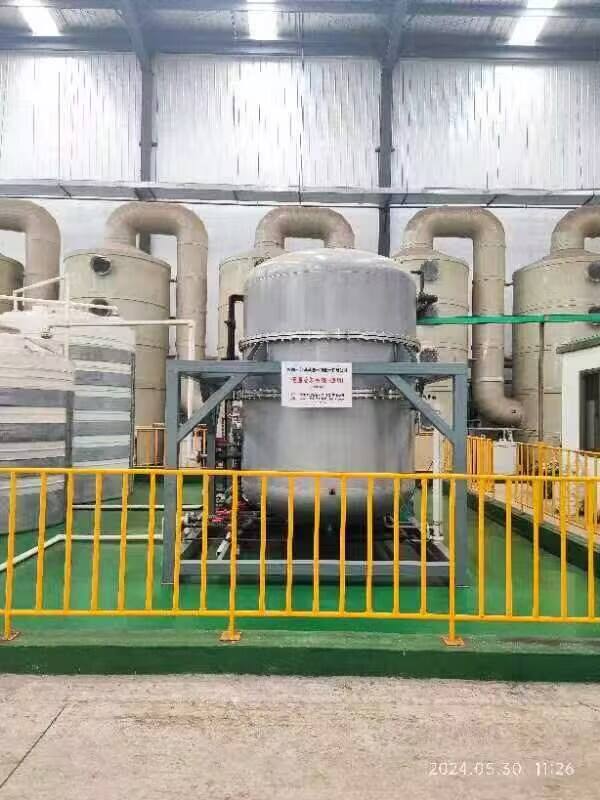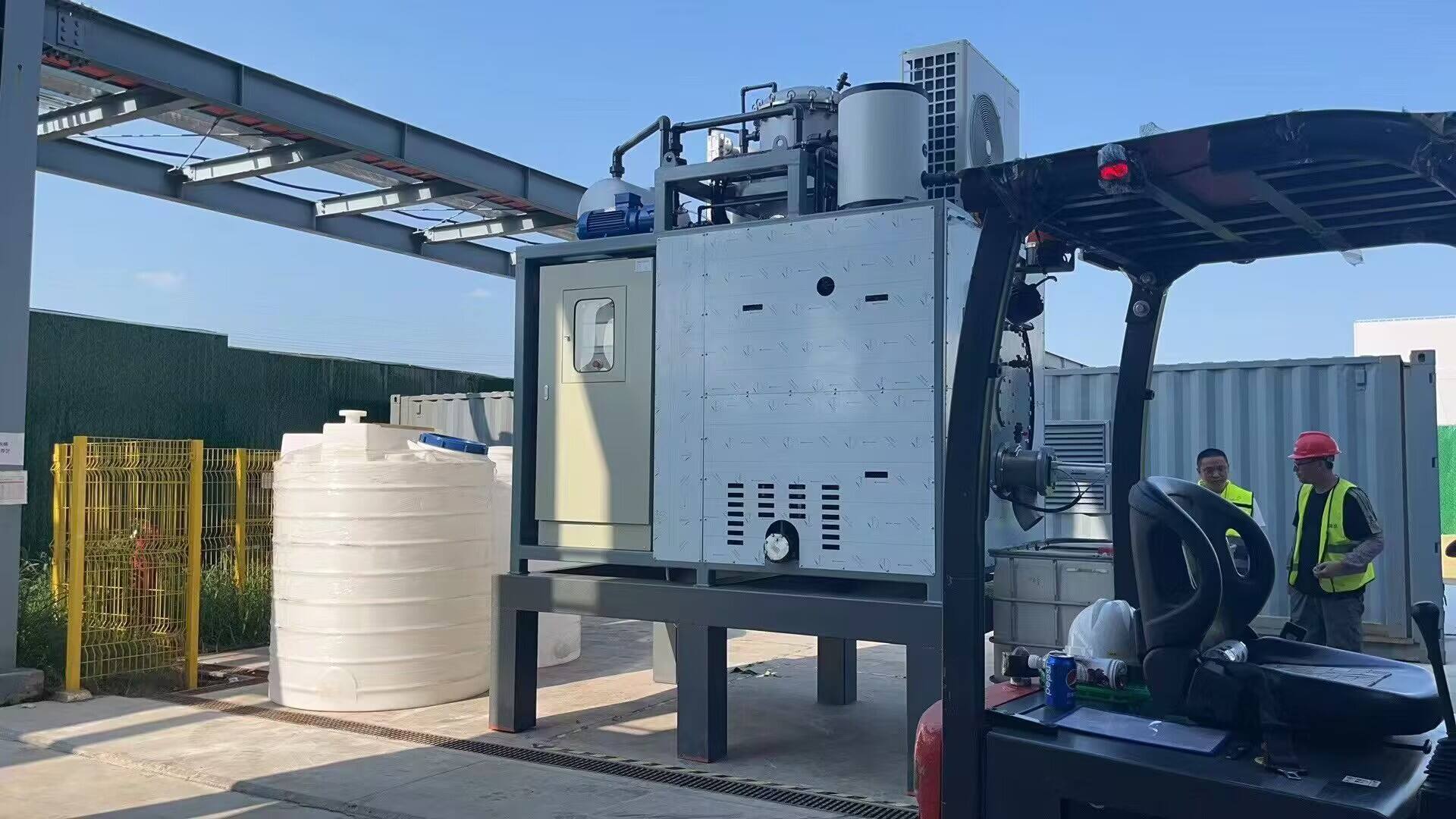evaporation wastewater treatment
Evaporation wastewater treatment represents a sophisticated approach to managing industrial and commercial wastewater through thermal separation processes. This method effectively concentrates dissolved solids and removes water from waste streams by converting liquid into vapor. The process typically involves heating wastewater to its boiling point, causing pure water to evaporate while leaving behind concentrated contaminants. Modern evaporation systems employ various technologies, including mechanical vapor recompression (MVR), thermal vapor recompression (TVR), and vacuum evaporation, each offering specific advantages for different applications. The treatment process can handle a wide range of wastewater types, from industrial process water to landfill leachate, and is particularly effective in treating high-salinity wastewaters. Advanced systems incorporate automation and heat recovery mechanisms to optimize energy efficiency and operational costs. The technology achieves exceptional purification rates, typically removing up to 99.9% of dissolved solids, making it ideal for applications requiring high-purity water recovery. In industrial settings, evaporation systems can be configured as batch or continuous processes, providing flexibility to meet varying treatment requirements and capacity needs.


